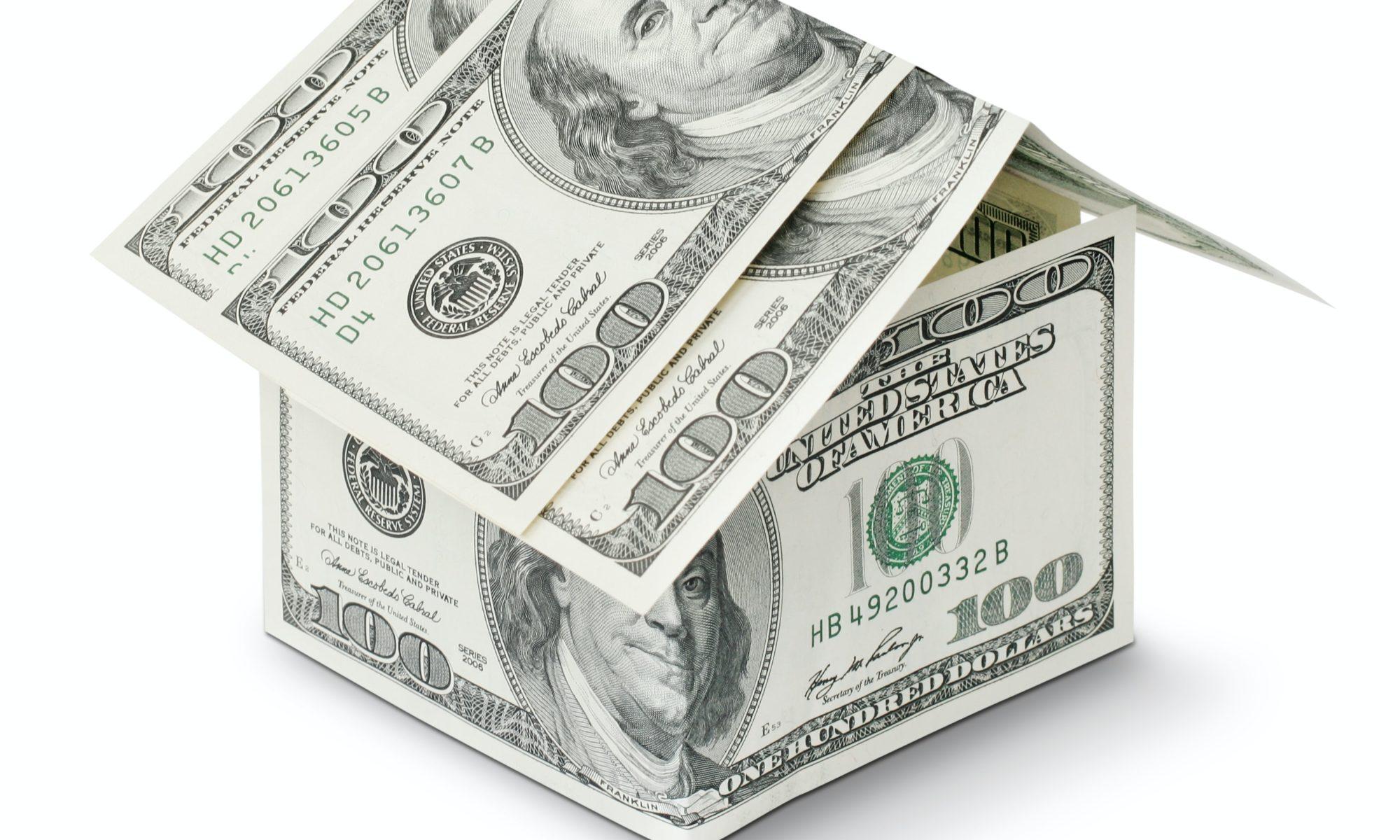An enlightening discovery awaits in the vast domain of mortgage programs – certain schemes actually facilitate the refinancing of your mortgage with zero closing costs! Astonishing, isn’t it? This delightful feature could potentially snip off a few hundred dollars from your monthly outflows, enhancing your financial wiggle room. What’s more, the funds thus saved could find better use elsewhere – perhaps clearing out looming debts or bolstering your retirement fund. Why not delve into the finest mortgage refinance programs sans closing costs and commence your savings journey today?
Have you pondered on the prospect of refinancing your home? Right now, if the interest rates are rock-bottom, you may feel inclined to refinance, but tread with caution. Refinancing is not necessarily a value proposition. Lenders rarely pick up the tab for appraisal fees or broker commissions, which could eat into your savings. Planning to move in less than three years? Hold on to your horses! There could be tax implications tied to refinancing. Be sure to factor in all potential major life changes that could transpire over this period before setting your sails towards refinancing.
But, is there a silver lining to refinancing a good deal? For those of you planning to reside in your homes for only a few fleeting years, there may not be an ample advantage in refinancing. There’s a widespread misbelief that refinancing is synonymous with a superior deal, which is not necessarily the case. It could merely represent a fresh approach to offset an existing loan, which in effect, simply prolongs your debt repayment schedule. Mindful contemplation and number crunching are essential before taking the leap.
Now, let’s talk about the elephant in the room – Closing Costs & Points. When you embrace a mortgage loan, two categories of upfront fees will demand your attention: points and closing costs. Points are prepaid interest and are a sum designed to cut down your interest rate, while closing costs encompass origination fees, title insurance, appraisal fee, attorney fee, and document preparation charges. The good news is, refinancing could potentially lower your burden of both points and closing costs.
Beyond zero closing costs, are there other advantages to refinancing? Indeed, there are! Even without significant home equity, you might find refinancing beneficial. In light of the prevailing enthusiasm within banks and lenders regarding mortgage refinancing, individuals who typically wouldn’t meet the requirements for a new loan might unexpectedly discover themselves in a favorable position. Contemplate this scenario: if you find yourself grappling with the challenge of meeting your present payments and necessitate an amount of $3,000 per month to avert foreclosure, opting for a 30-year loan at an interest rate of 4 percent, as opposed to the previous 6 percent, has the potential to result in a reduction of your monthly mortgage payments by a substantial $1,500.
But, is refinancing always a bed of roses? Not necessarily. Prior to refinancing, ensure you’re prepared for the possible increase in your loan amount and associated implications, like higher monthly payments or a longer repayment duration. Refinancing is a decision of significant magnitude, not to be undertaken lightly. Always consult with knowledgeable individuals well-versed in real estate and mortgages before making such an impactful decision.
And what about the type of home loan? First-time homebuyers usually get two options: a fixed-rate 30-year loan or an FHA loan. Refinancers, on the other hand, have more to choose from, including refinancing with cash out, or an adjustable-rate mortgage (ARM).
One of the first considerations when contemplating refinancing is the source of the funds – private money or bank financing. This is largely influenced by your comfort level with non-banking financing options and your standing in terms of credit score and down payment prerequisites. Even if you fall short of qualification criteria, don’t be disheartened. Certain flexible lenders may help you navigate these hurdles.
The idea of consolidating your debt with a new home loan can be attractive. While this may work well in some cases, it’s not always the best route. Do your homework and consider all your options before choosing this path. Similarly, a 1031 exchange may help defer capital gains tax, but it’s not without its complications.
In conclusion, if you’ve spent several years in your home and foresee a long-term stay, refinancing into a superior deal could be a wise choice. Besides potential savings through lower monthly payments and interest rates, refinancing without closing costs could save you a substantial sum. Reach out to a mortgage expert today to learn more about your refinancing options.

